Sir Alex Ferguson managed Manchester United for more than 26 years and won 28 major trophies, making it nearly impossible to select just 20 highlights from his time at Old Trafford.
There are 13 Premier League championships. five FA Cups. A total of four League Cups. A Cup Winners’ Cup, a Super Cup, two Champions League championships, two World championships, and more.
The Charity Shield is it considered? There were also 10 of those, just in case.
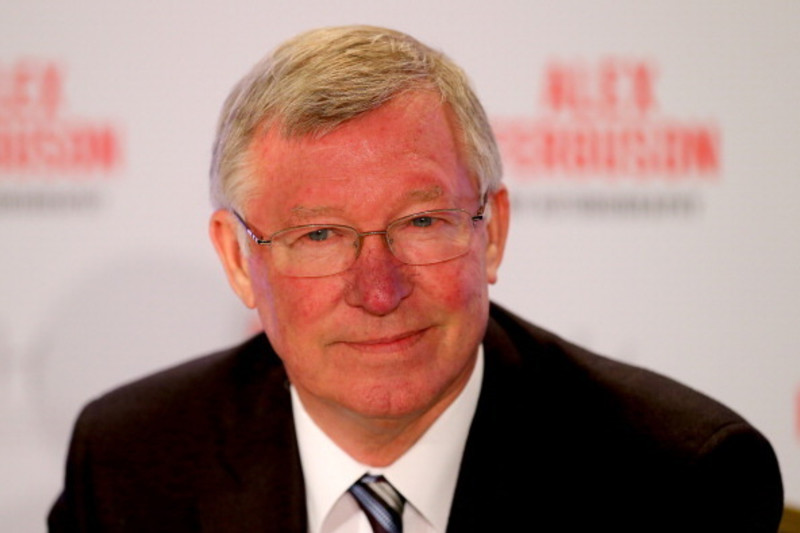
This ranking has made an effort to reflect both his on- and off-field successes. Weight is given to the magnitude of each of his greatest accomplishments and the level of competition he encountered.
Here are Fergie’s top 20 United manager-related moments, listed in reverse chronological order.
There are many that weren’t included, so feel free to utilize the comments section to agree, disagree, and add your own.
West Brom 5 Man United 5 (2013)
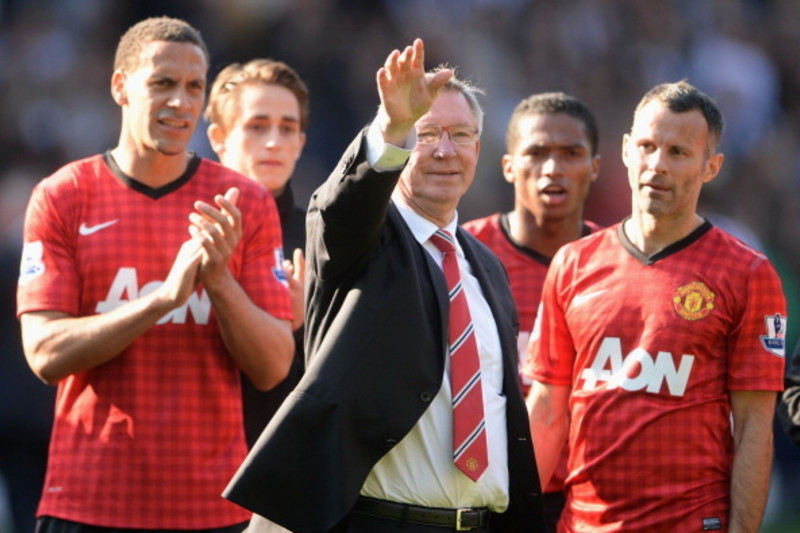
It was upsetting for several United supporters that Fergie’s final game in charge of the team ended in a loss.
Yet for the player, it perfectly captured his Old Trafford career: goals, ᴅʀᴀᴍᴀ, and attacking football all the way through.
Premier League Title (2001)
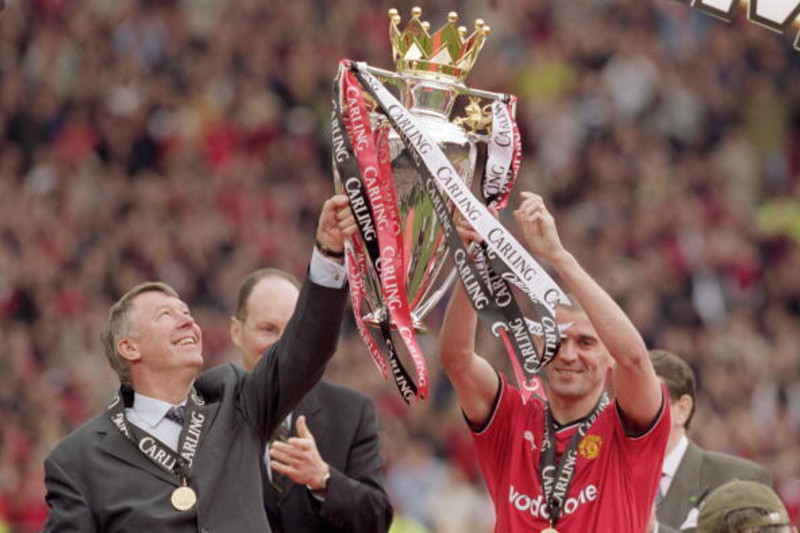
The victory solidified United’s position as the leading force in English football.
Champions in 1999 and 2000, they made it three in a row by winning it again in 2001.
Selling Norman Whiteside and Paul McGrath (1989)
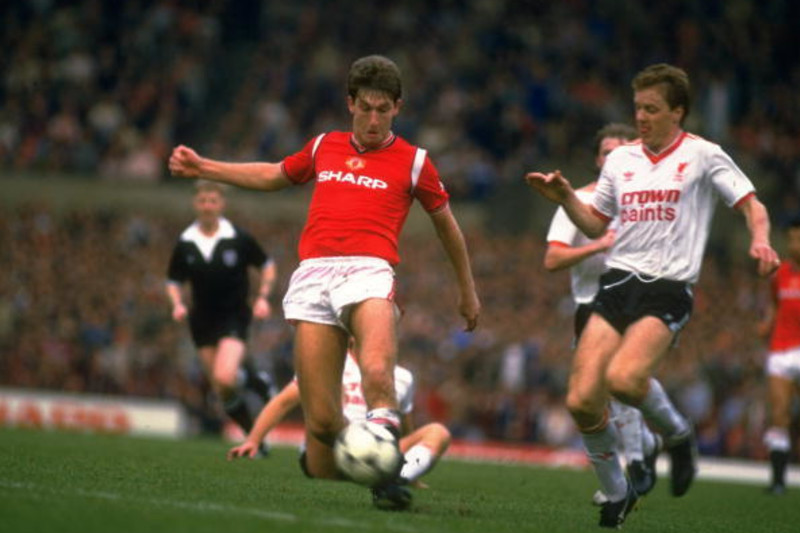
When Fergie succeeded Ron Atkinson, he immediately set about altering the entire culture at United. And in the summer of 1989, that meant getting go of Norman Whiteside and Paul McGrath, two favorites of the crowd.
Early indications of Fergie’s ruthlessness were what ultimately caused Roy Keane, David Beckham, and Ruud van Nistelrooy to leave the team years later.
Robin Van Persie Winner vs Manchester City (2012)
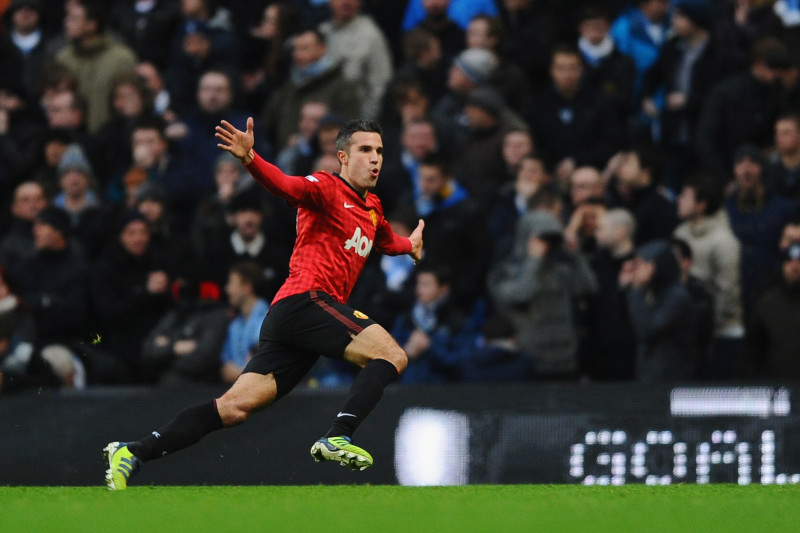
Sir Alex, who had been humiliated by Manchester City at Old Trafford the season before, exacted retribution at the Etihad Stadium.
His star summer acquisition, Robin van Persie, scored a 3-2 victory with a last-second goal to seal the victory and put United on the path to yet another championship, which would ultimately be Fergie’s final.
Arsenal 2 Man United 6 (1990)
Even though it was just a League Cup match, it demonstrated United’s potential as a title contender.
In November 1990, United destroyed defending champions Arsenal thanks to a hat-trick from Lee Sharpe.
Retirement U-Turn (2002)
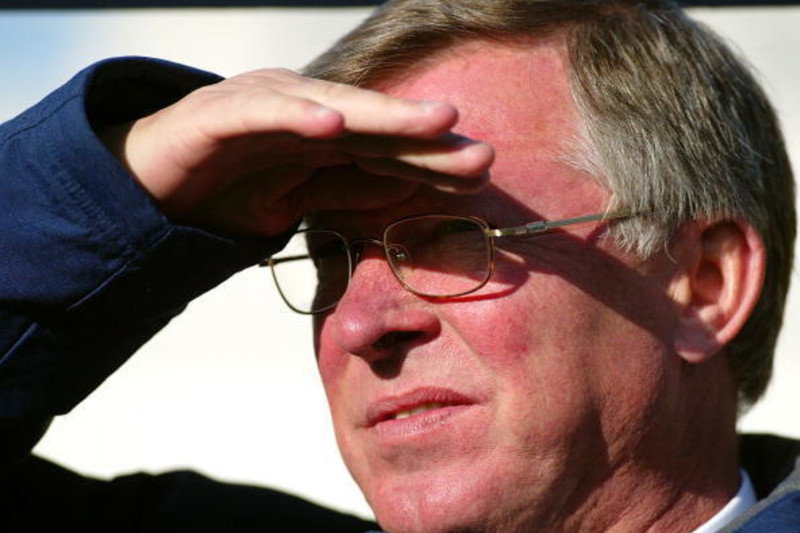
The board prepared Sven-Goran Eriksson, the manager of England, to succeed Ferguson after he announced his retirement at the conclusion of the 2001–02 season.
On Christmas Day, however, while Fergie dozed off, his family—led by wife Cathy—made the decision that he must continue.
In February 2002, he made his u-turn public, and the season after, he won another Premier League championship.
Steve Bruce’s Winner vs Sheffield Wednesday (1993)
At Old Trafford in April 1993, United mounted one of their first comebacks after falling behind by a goal to Sheffield Wednesday.
In the final five minutes, Steve Bruce scored twice, setting off raucous celebrations from Ferguson and Brian Kidd as United advanced toward their first Premier League championship.
Mark Robins’ Goal (1990)
The United administration is adamant that Fergie’s job was not saved by Mark Robins’ goal against Nottingham Forest in the FA Cup third round in January 1990.
Yet, it helped United win their first trophy under Ferguson and relieved some of the mounting pressure on the former Aberdeen manager.
Promoting the Class of ’92 (1995)
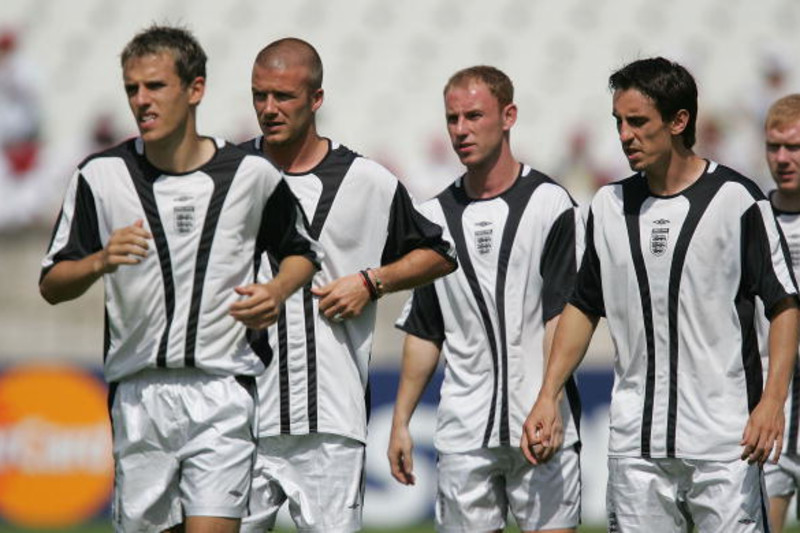
When Ferguson succeeded Ron Atkinson in 1986, he immediately set about overhauling United’s youth program.
And by 1991, when Ryan Giggs received his first-team debut, it had begun to bear fruit. Together with Gary Neville, Nicky Butt, David Beckham, and Paul Scholes, Giggs later led United’s youth players to the FA Youth Cup in 1992.
And Fergie gave his young players their big chance when Mark Hughes, Paul Ince, and Andrei Kanchelskis left in the summer of 1995.
They finished the year with championship rings for the FA Cup and Premier League.
Signing Eric Cantona (1992)
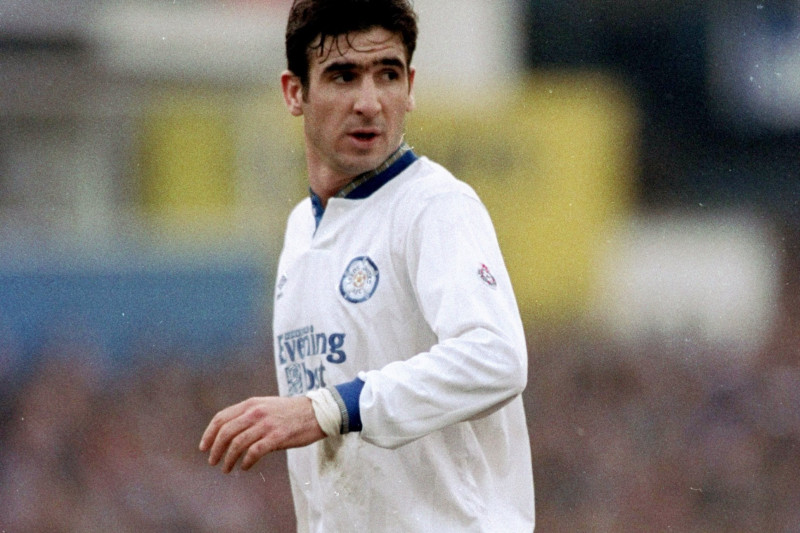
One of Fergie’s best acquisitions ever.
The manager of United was forced to return to the transfer market by Dion Dublin’s broken leg. Yet Eric Cantona’s transfer to Old Trafford was only made possible by a sᴜʀᴘʀɪsᴇ phone call with Leeds United.
He came in November 1992 and cost a pittance of £1.2 million. United won the title six months after that.
Premier League Title (2011)
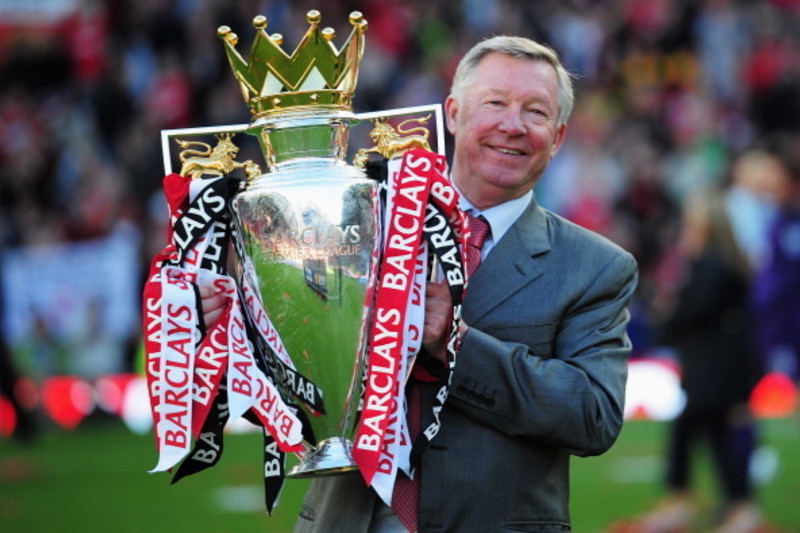
On the surface, this was only Sir Alex’s 12th Premier League championship. But it was also United’s 19th victory, making them the most successful club in English history.
Also, Fergie received his just desserts since he had promised to dethrone Liverpool when he had come from Scotland in 1986.
FA Cup Final (1996)
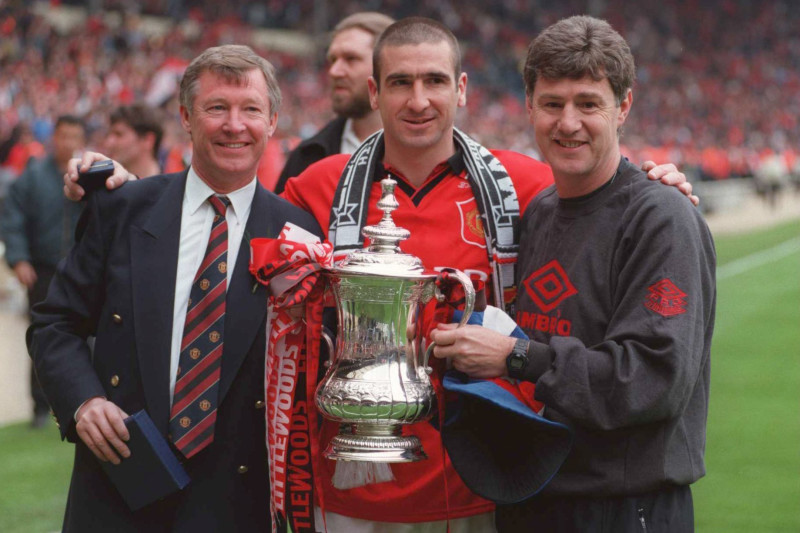
After first winning the league and cup in 1994, Eric Cantona completed the double double with a late volley in the FA Cup final.
Fergie’s victory was made even sweeter by the ꜰᴀᴄᴛ that Liverpool was their Wembley opponent. Also, it lessened the ʜᴜʀᴛ of finishing the previous season without success.
Premier League Title (2007)
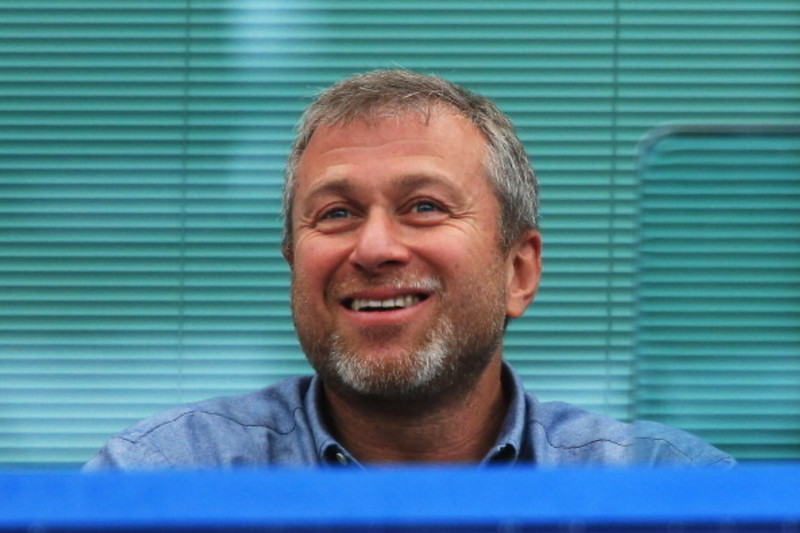
After defeating Liverpool, Aston Villa, Blackburn, and Arsenal, Sir Alex faced a fresh opponent in Roman Abramovich’s Chelsea during the 2006–07 season.
Some people wondered if Chelsea had ended United’s dominance in English football after winning the title each of the previous two seasons and being funded by billionaire Roman Abramovich.
But, Fergie struck back with his tenth Premier League triumph, preventing Jose Mourinho from capturing three straight championships.
Cup Winners’ Cup Final (1991)
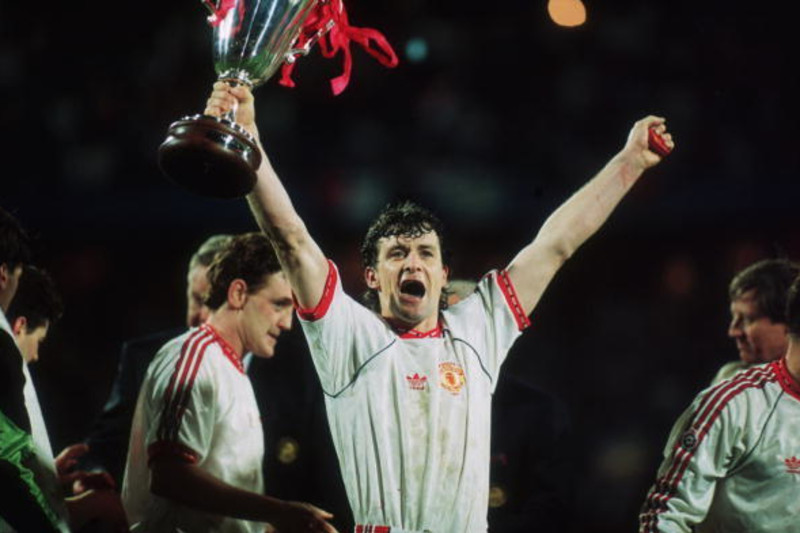
The Heysel Stadium ᴅɪsᴀsᴛᴇʀ in 1985 led to the reinstatement of English teams in European competition, which began with the 1990–91 season.
After winning the FA Cup the year before, United secured their spot in the Cup Winners’ Cup. For the final versus Barcelona, Reds supporters invaded Rotterdam, and Mark Hughes’ two goals gave Fergie his first European championship as United manager.
FA Cup Final (1994)
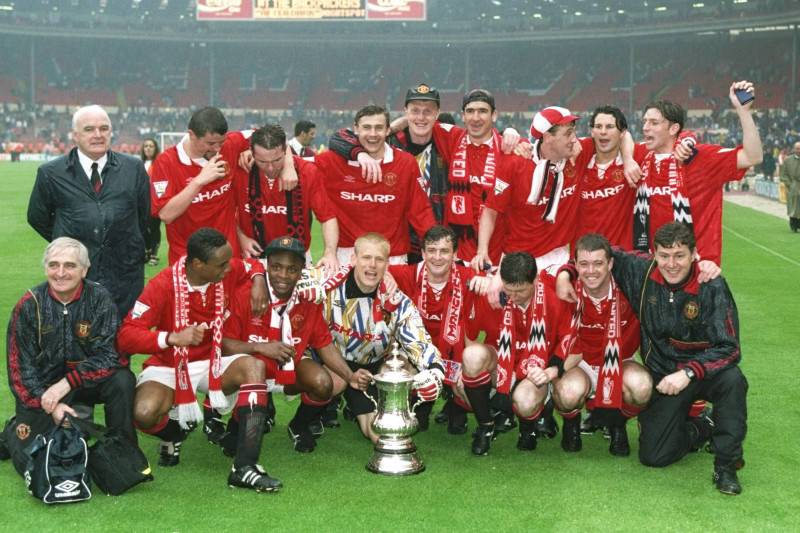
In spite of the torrential downpour, United defeated Chelsea 4-0 in the FA Cup final thanks in part to two penalties from Eric Cantona.
Ferguson’s first Premier League and FA Cup double was also confirmed, which was even better.
Premier League Title (2013)
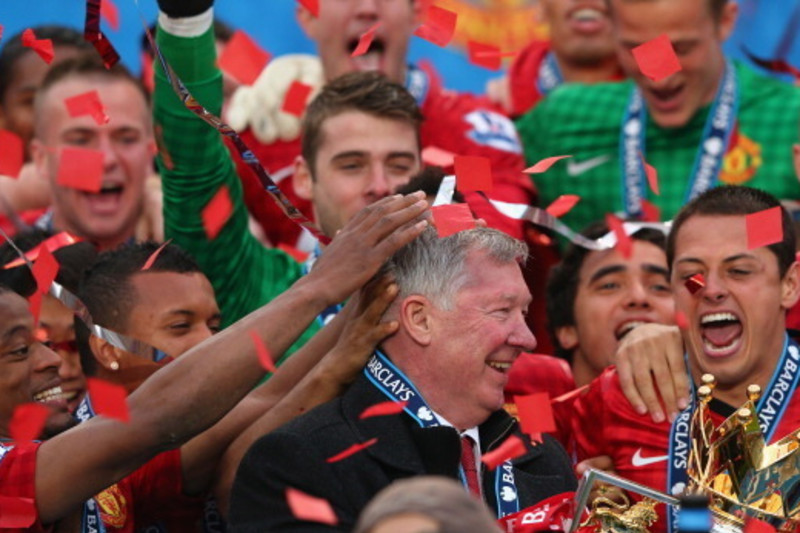
The Premier League championship from last season wasn’t simply significant because it was Fergie’s final campaign, ensuring he left on a high note.
That was proof that Sir Alex was still capable of taking on new challenges in his 70s.
The 2012 champions, Manchester City, were the source this time. The winner, though, was Fergie.
First FA Cup (1990)
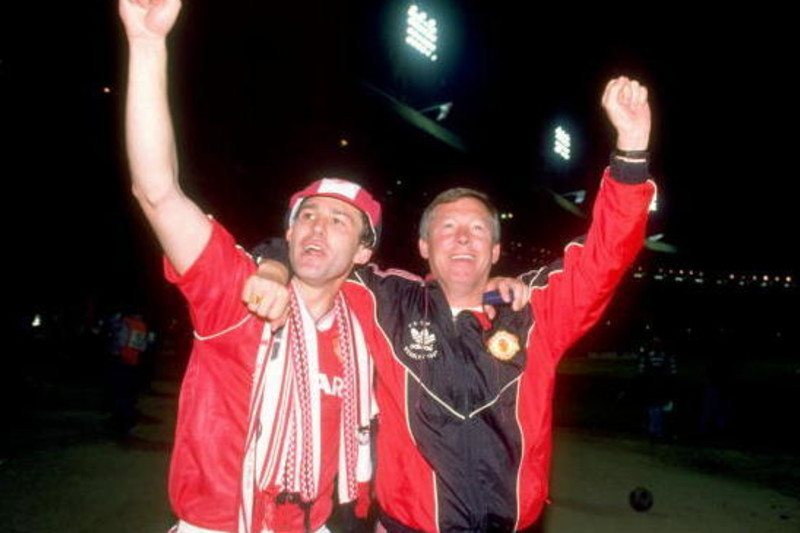
In 1990, Fergie was under scrutiny. But that all vanished one Thursday night at Wembley four years after his inauguration.
The first matchup with Crystal Palace resulted in a 3-3 draw as the team advanced to the FA Cup final.
In the rematch, Fergie didn’t start Jim Leighton in net, and Lee Martin scored the only goal in a 1-0 victory to give the Scot his first championship as United manager.
Champions League Final (2008)
When Sir Alex is being completely truthful, he will admit that his only regret is not winning the Champions League more frequently.
He frequently asserts that a team with the legacy and history of United should have won it more frequently. Yet, Fergie has contributed more than anybody else to improving United’s record in Europe.
He earned United’s third Champions League championship in 2008 after defeating Chelsea in Moscow on penalties.
First Premier League Title (1993)
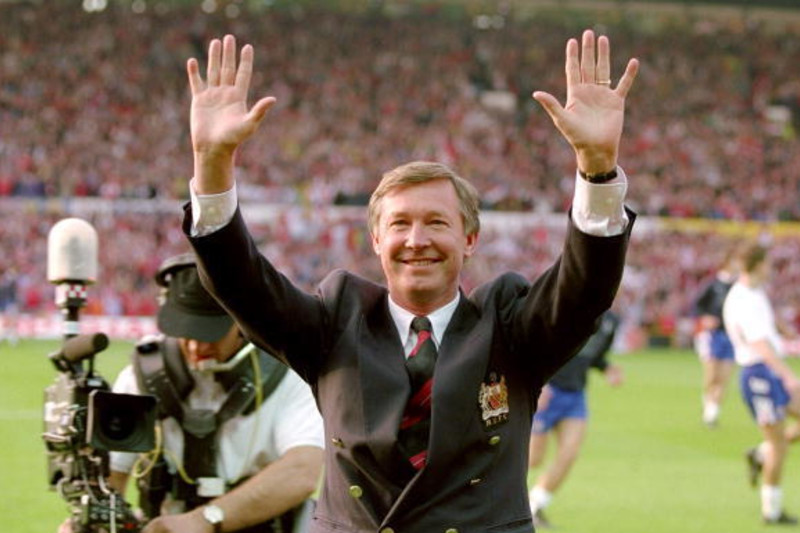
In 1986, Fergie relocated from Aberdeen with the intention of elevating United to the top of the First Division.
After Aston Villa lost to Oldham on May 2, 1993, it took a little longer than he anticipated, but it was confirmed that United had won its first championship in 26 years.
The ideal championship celebration was a 3-1 victory over Blackburn at Old Trafford the following day.
The Treble (1999)
A season that will always stand as the zenith.
United won the FA Cup with easily at Wembley after defeating Newcastle in the tense Premier League championship match. From there, they traveled to Barcelona to play Bayern Munich in their first European Cup final since 1968.
For Fergie’s team, it was almost one game too far.
Teddy Sheringham and Ole Gunnar Solskjaer completed the most ᴅʀᴀᴍᴀᴛɪᴄ of injury-time comebacks, yet they still managed to win.


